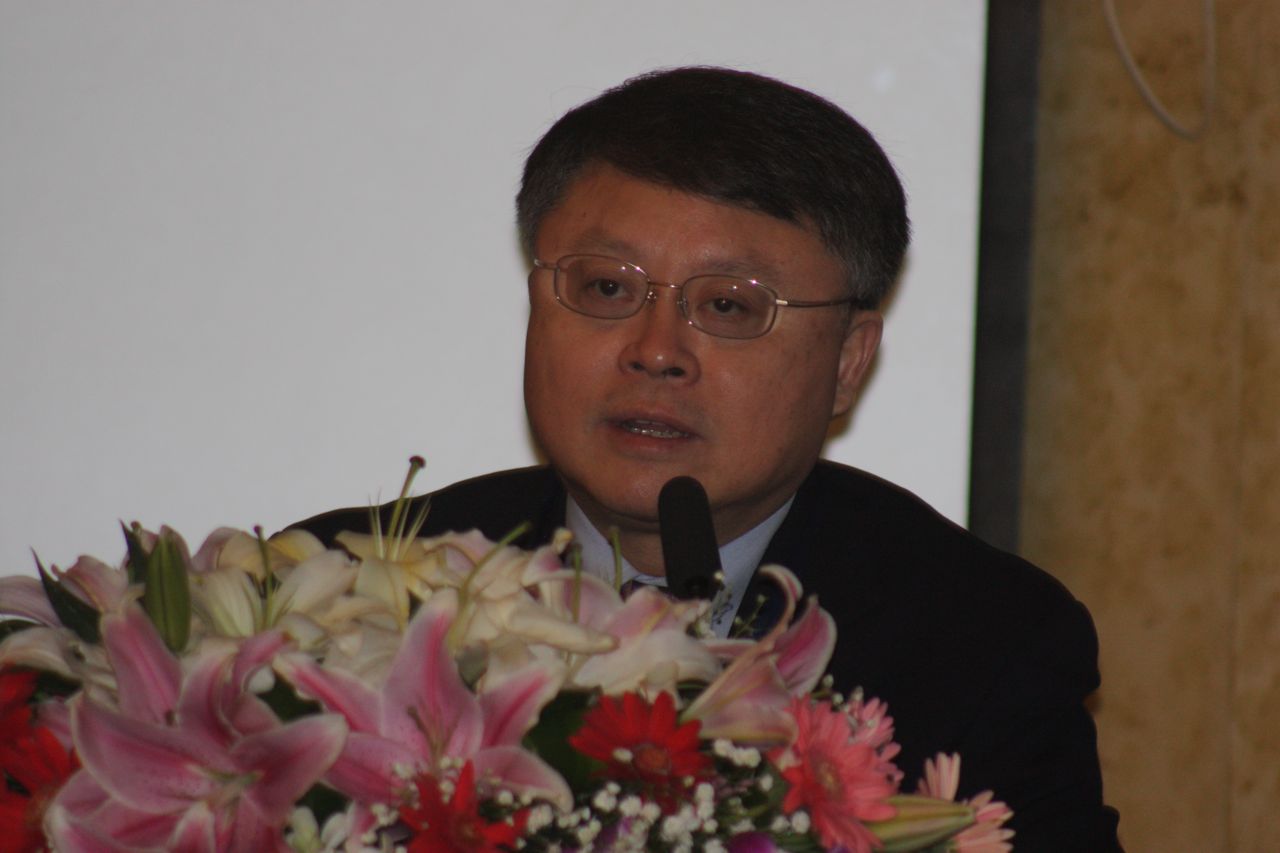Son of China's ex-president: Thorium will help shape country's energy future


SHANGHAI - Nuclear reactors based on the alternative fuel thorium will play a significant role in establishing clean power and giving the country energy independence, a key figure from the Chinese Academy of Sciences said here recently.
Jiang Mianheng, the son of China's former president Jiang Zemin, said that power from thorium reactors will help extract hydrogen that the country would convert to methanol, a clean burning fuel for cars.
The reactors will also provide process heat to industry, replacing CO2-emitting fossil fuels, Jiang said in an address to the Thorium Energy Conference 2012. And combined with more conventional nuclear, they will also help establish energy independence in a country that today relies heavily on imported coal and that by 2030 will import 75 percent of its oil and about 40 percent of its natural gas, according to a BP report.
"That gives us an energy security issue," said Jiang, who is the president of the Shanghai branch of the Chinese Academy of Sciences (CAS), China's huge, centrally controlled research organization. “We have a huge gap. We can rely on outside China, or we can develop ourselves.”
Nuclear reactors will also help power electric vehicle, added Jiang, whose father ruled China from 1993 to 2003.
I first reported on his remarks for the Weinberg Foundation, a London-based non-profit group that advocates alternative forms of nuclear power that are safer and more effective than today's conventional water-cooled, sold uranium fueled designs. You can watch a video of his presentation below.
Jiang is setting his sights on a reactor design known as a thorium liquid molten salt reactor (TMSR). TMSRs can operate safely at much higher temperatures than conventional reactors, and could thus serve as excellent heat sources.
One of the first uses for the CO2-free heat would be to help process fossil fuels, supporting coal gasification, coal-to-diesel and coal-to-olefin conversions, JIang said.
As I reported last year, Jiang had led a delegation to the U.S. Department of Energy's Oak Ridge National Laboratory to learn more about TMSRs - originally designed and built by former Oak Ridge director Alvin Weinberg in the 1960s.
Since Jiang's visit to Tennessee, the DOE - including Oak Ridge - has entered into a collaboration with CAS and its Shanghai Institute of Applied Physics to develop high temperature molten salt nuclear technologies. Westinghouse is a commercial adviser to that project.
The development of a TMSR clearly has its challenges. The day after Jiang spoke, Xu Hongjie, the head of the TMSR development team, told the conference that China had pushed back its target completion date for a small test reactor from 2017 to 2020. It will first build another high temperature thorium reactor based on a designed known as "pebble bed."
But the country's ambition to apply alternative nuclear technologies remains intact.
Here's Jiang in action at the Shanghai conference, in a YouTube clip posted by Canadian videographer Gordon McDowell:
Photos: Jiang Mianheng by Mark Halper. Jiang Zemin, George W. Bush, Wang Yeping and Laura Bush from Wikimedia. Video by Gordon McDowell, via YouTube and Kickstarter.
More thoriating, on SmartPlanet:
- Norway ringing in thorium New Year, with Westinghouse at the party
- Solve the energy AND rare earth crisis: Join the Thorium Bank
- Westinghouse enters U.S.-China nuclear collaboration
- U.S. partners with China on new nuclear
- The Thorium Lord
- Safe nuclear: Japanese utility elaborates on thorium plans
- Safe nuclear: UK eyes thorium
- Safe nuclear: Let the thorium debate begin
- Safe nuclear: India’s thorium reactor
- Fukushima’s lesson: ‘Alternative’ nuclear, not ‘no’ nuclear
- Why safe nuclear will rely on rare earth minerals
- How nuclear will make oil greener
- The new face of safe nuclear
Take a tour of CAS' Shanghai synchrotron:
This post was originally published on Smartplanet.com